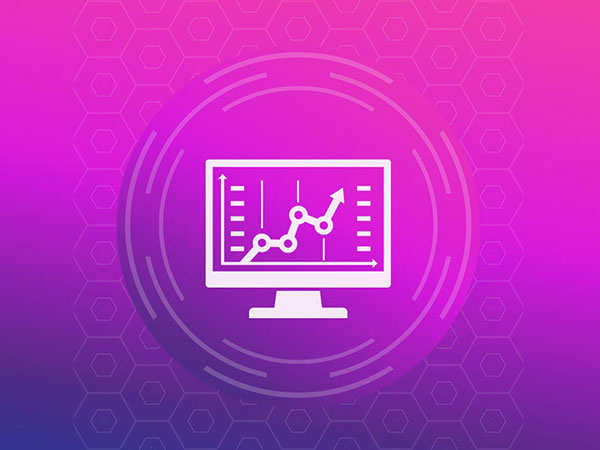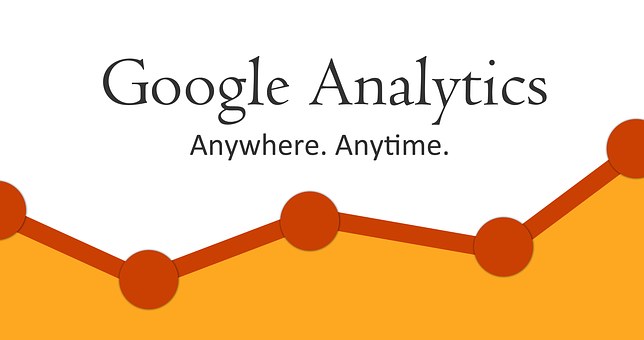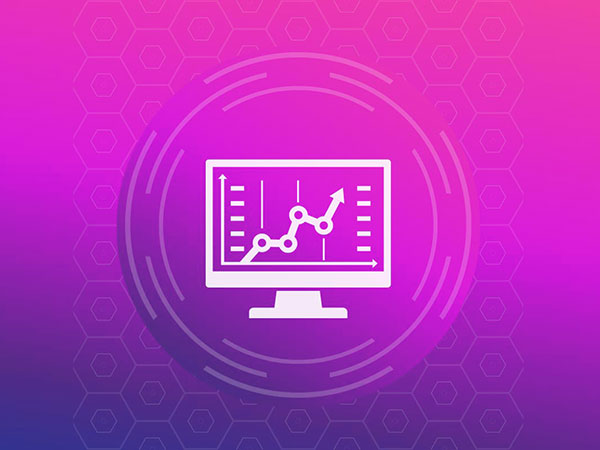Data has become ubiquitous in all fields today. Everything is, some way or the other, connected to data – whether it is the client requirements or machine algorithms – doing without data has become difficult. With the advent and growth of data analytics, a need for data specialists has spurted all over the word. In order to cater to such demands, many business schools have come up with a specialized degree in analytics to produce individuals who can come up with predictive and prescriptive techniques to support businesses.
An analytics graduate may find themselves in for a plethora of opportunities after going through a rigorous master’s program at a top school. The skills that are developed during this program equip an individual with the necessary acumen to give a head-start to their career.
What is in house for a graduate?
Data speaks of only one prospect – abundance. Let us focus on some of the major aspects of the prospects to better understand them.
-
- High demand: As discussed, the analytics specialists are in high demand. The MNCs, in particular, are on a hunt for analytics graduates. Apart from that, there are business analytics firms which specifically cater to those companies which do not have an in-house data analyst.
- Short program duration: Data may sound a tad heavy but getting a master’s in business analytics is a matter of 12-14 months. Moreover, this degree is considered to be one of the shortest for a degree in demand.
- Lucrative salaries: Speaking of salaries, analytics is one of those degrees that are at the forefront of providing the highest salaries. Average starting salaries are recorded to be around $80,000. In the United States alone, the employment rate for analytics graduates is 69.4%.
- Diverse job profiles: Most of the specialized degrees prepare students for targeted roles, whereas a master’s degree holder in the field of analytics can foray into various roles including a statistician, market research analyst, financial analyst, and business analyst.
- Growth: If we look at the statistics from the US Bureau of Labor Statistics, there is expected to be a growth of 20% in the demand of business analysts by the year 2020.
Considering these points, it can be deduced that a degree in business analytics does gear up candidates for stellar job prospects.
Skill Development
With a degree in analytics, a candidate is expected to develop and hone one’s interpersonal and communication skill, critical thinking skills, problem-solving skills, and analytical skills.
Expected job profiles
This is the place where the tenor of this write-up would be discussed.
Companies are on a lookout for employees who can help them assess the past trends of data and come up with insights and solutions. Such analyses would help the companies make informed decisions before launching new products and services in the market. Studying market trends requires a broad set of analytical and problem-solving skills. In light of that, such companies hire business analysts.
You can expect the following job profiles as a postgraduate of business analytics:
1. Data Scientist
- If your interest lies particularly in the analytical side of the field, you can take up the role of a data scientist.
This profile usually requires an employee to work with their colleagues to understand
the requirements of various departments within the company and provide the recommendation for decisions based on the research.
Moving with these, a data scientist’s role also includes analyzing the risks based on these decisions and assist. Besides, there is also the requirement to document the findings are reported to the stakeholders whenever required.
Do note that the skills required in this job role are mostly focused on deducing the information from historical data.
A data scientist is capable of commanding an average salary of $120,000 per year.
2. Business Analyst focused on data
This job profile works in coordination with data scientists. While data scientists study the data trends and provide reports based on the same, the job of a business analyst is to deduce and provide insights into business-related problems from the data provided.
The average base salary of a business data analyst is around $58,000.The amount increases while moving up the ladder.
3. Business Analyst with a focus on technology
If you want to move slightly away from the statistical side towards the technical side of things, you can consider the role of a business analyst that is focused on technology. As a technical analyst, you will be required to work on machine learning, parallel processing, high-performance computing, coding, and databases.
This role would also require you to be adept with coding.
When well-established in a senior role, a technical business analyst can make an average salary of $102,000 per year.
4. Business Analyst Manager
The differentiating factor in this profile are the leadership skills since being the manager, you would be vested the responsibility of assessing and looking over the tasks and performance of the other employees.
To occupy this position, you should be well equipped with the foundations of data analytics, processing, data gathering, and technical tools for data analysis. Apart from that, you will also need communication, strategic, and team management skills.
According to PayScale, the average salary of a business analyst manager is about $99,216 per year.
5. Business Analyst Consultant/Consulting Analyst
A business consultant is vested with the responsibility of apprehending the inefficiencies in business dealings and plans. Likewise, a business analyst consultant is required to go through the data reports and recognize the inefficiencies in the plan and analyses. It is also prevalent in this person to recommend the necessary changes for better business decisions.
In accord with the data from PayScale, a consulting analyst earns around $66,101 per year on an average.
6. Quantitative Modeler or Analyst
Mathematical models are trusted worldwide for their accurate predictions in the world of business. A quantitative modeler has a strong background in engineering science, mathematics, and computer science. With expertise in these subjects, they are responsible for comprehending data models and creating strategies for key business decisions.
Taking data from Glassdoor, the average salary of a quantitative modeler is $91,630.
7. Operations Research Analyst
This job is considered to be one of the best jobs in the business world. With such a reputed profile, the responsibilities are enormous. An operations research analyst is a high-profile problem-solver who utilizes advanced tools of mathematical analysis, statistical modeling, data modeling, and optimization to develop cost-effective and efficient business decisions.
In California, the United States, an operations research analyst makes about $109,260 on average per year.
8. Statistician
The job of a statistician is to collect initial data from the field, interpret and convey the deductions to their clients. Even this job involves the use of complex mathematical software. Further, it is also required that a statistician break down the data into simple, understandable terms so that the clients can derive decisions and strategies from it.
In the United States, the average salary of a statistician is about $110,000 per year.
The verdict
A degree is analytics does open up plenty of opportunities in terms of high-paying jobs and given above is a testimony to the claim. While you have understood the skills and job prospects, for an in-depth understanding of a master’s degree in business analytics, head over to Masters in Business Analytics. Here, you would find more comprehensive information on the curriculum of a master’s degree in business analytics.
We hope this article helped you understand the prospects after graduating with a degree in analytics. Best of luck!










![7 data-driven ways to optimize your online store for mobile [Infographic]](https://crayondata.ai/wp-content/uploads/2019/11/optimize-1.jpg)


![Top tips and tricks to improving your customer experience [Infographic]](https://crayondata.ai/wp-content/uploads/2019/01/customer-journey-1.jpg)









